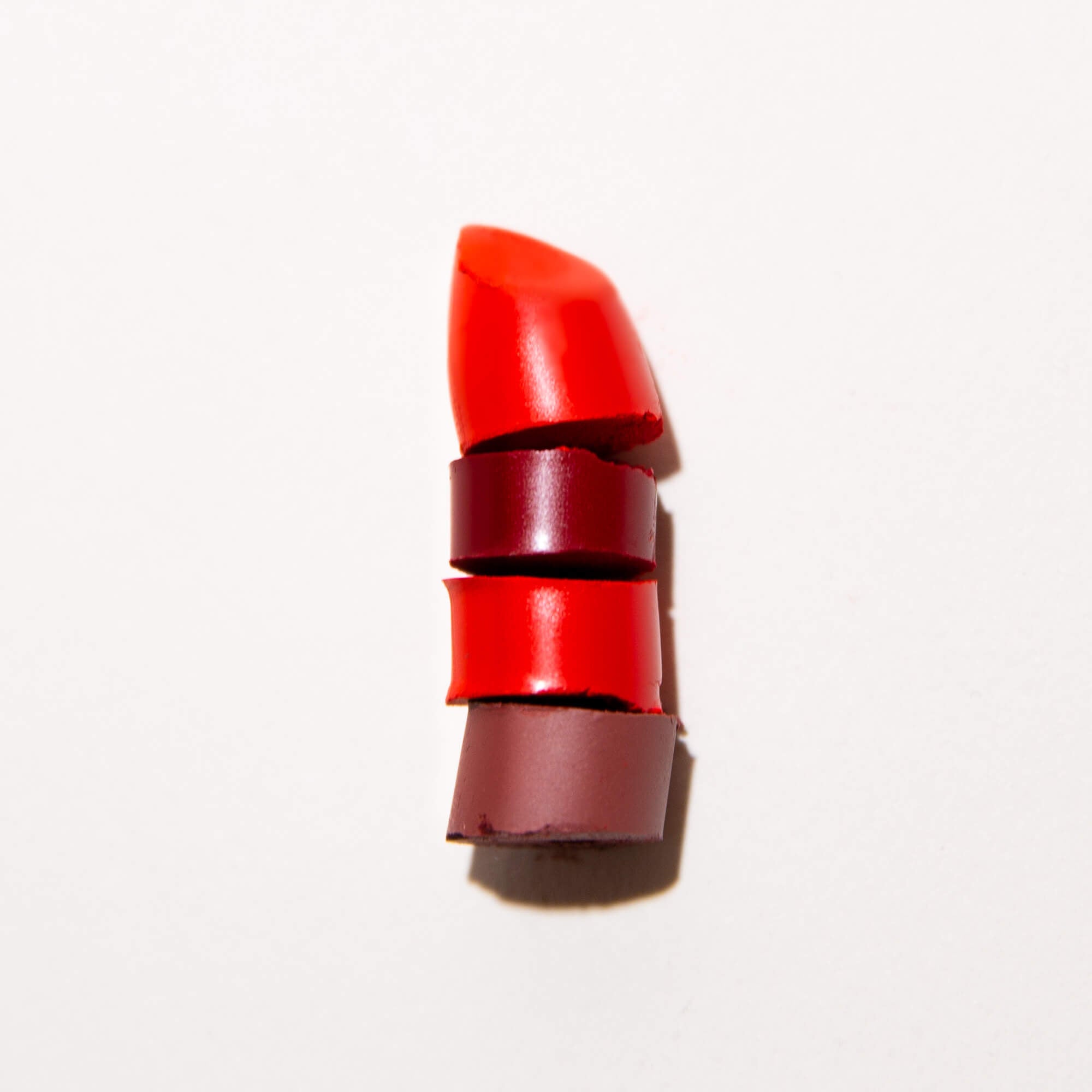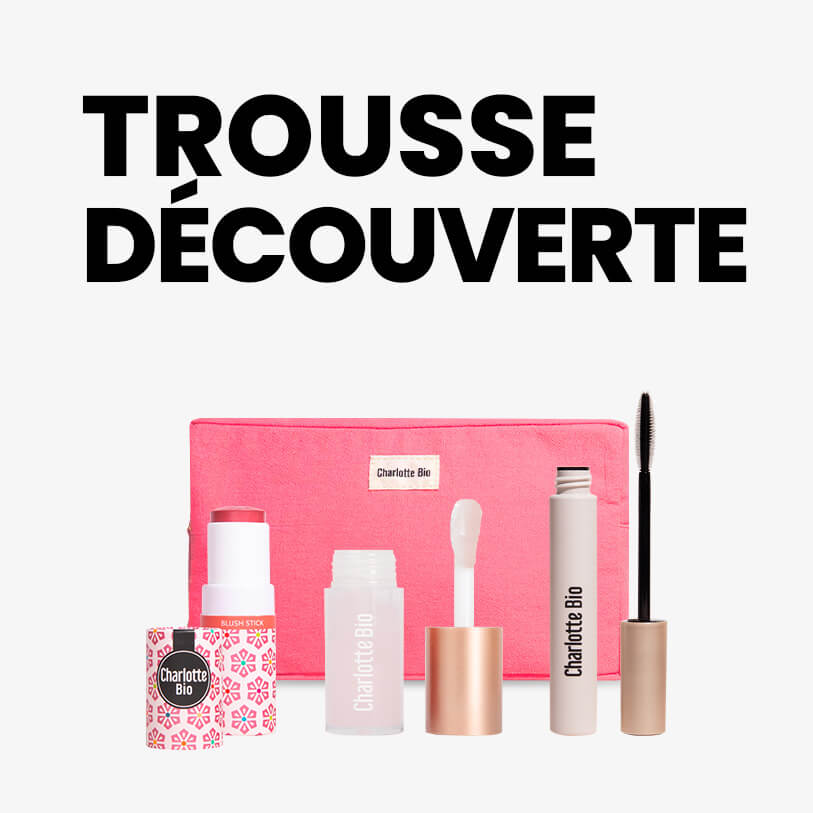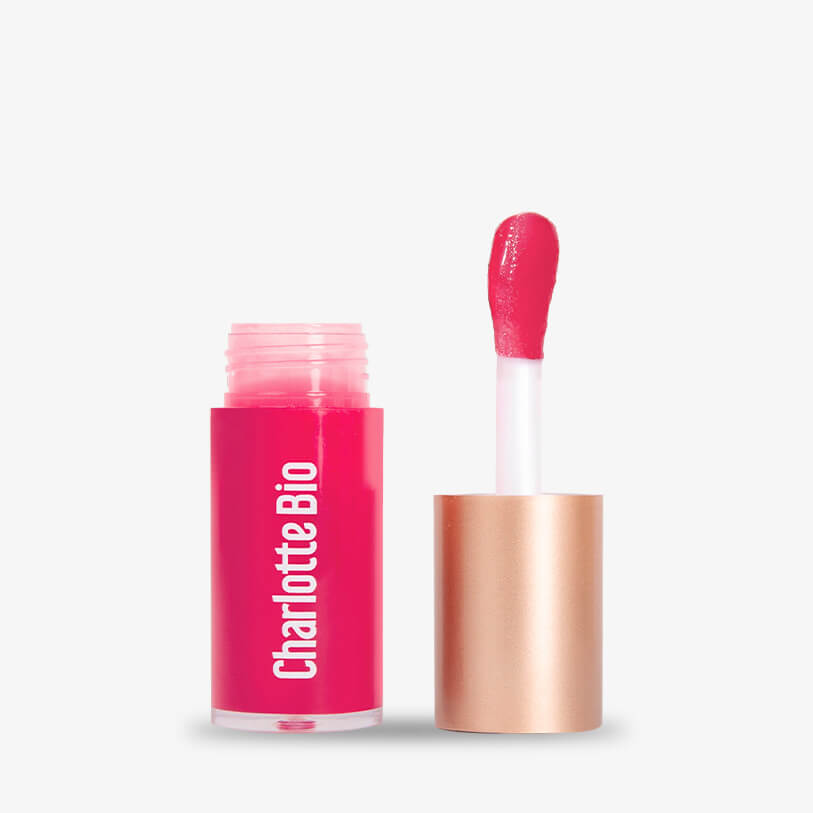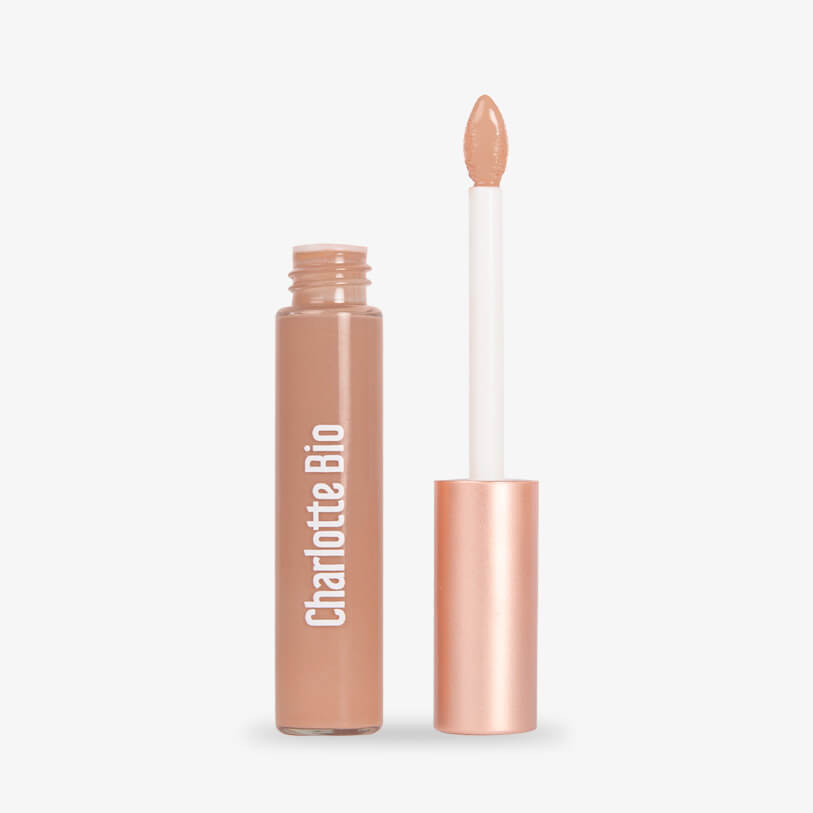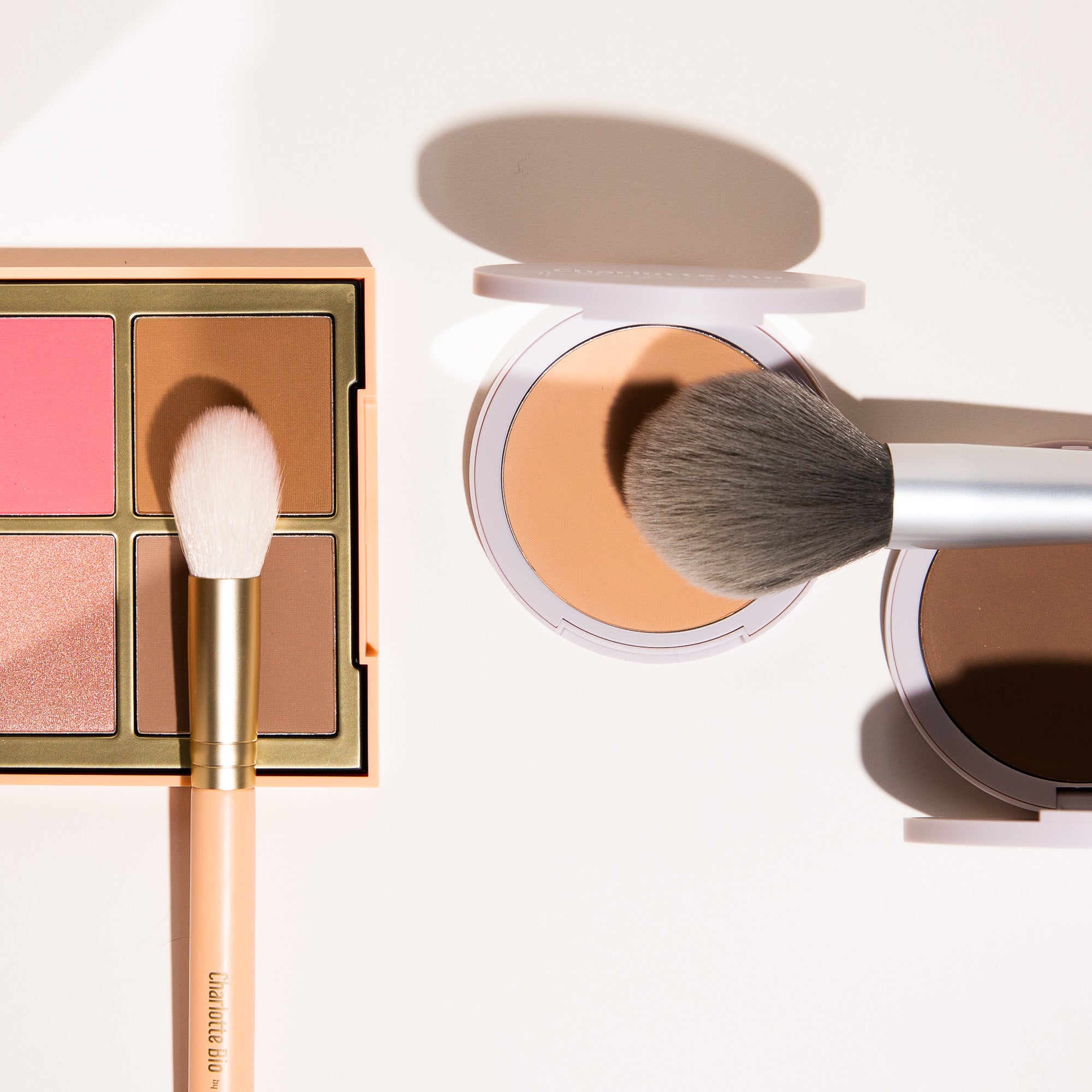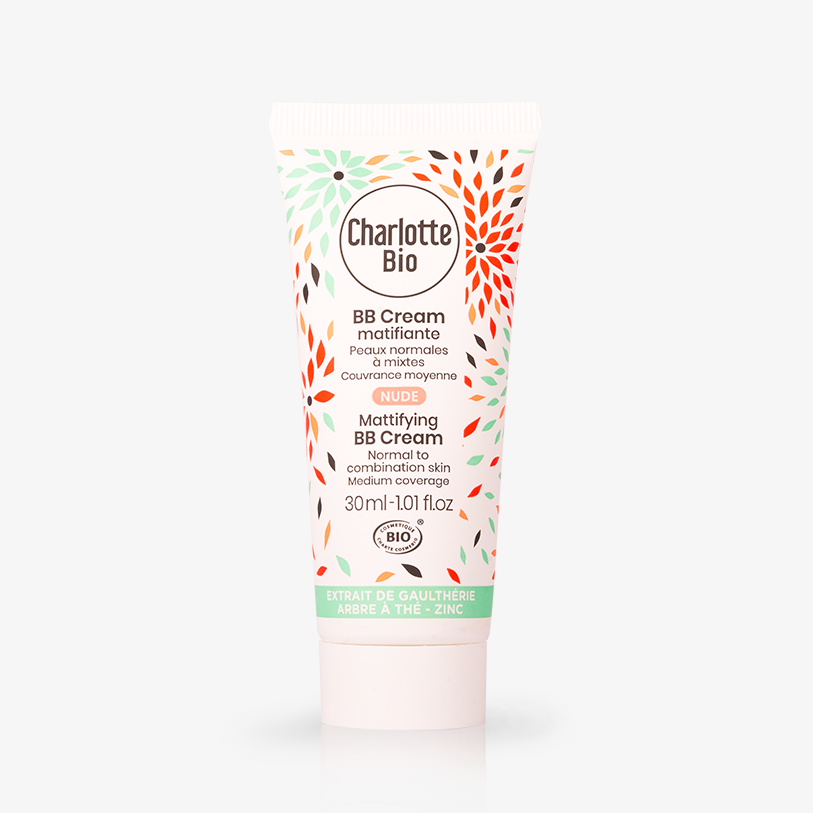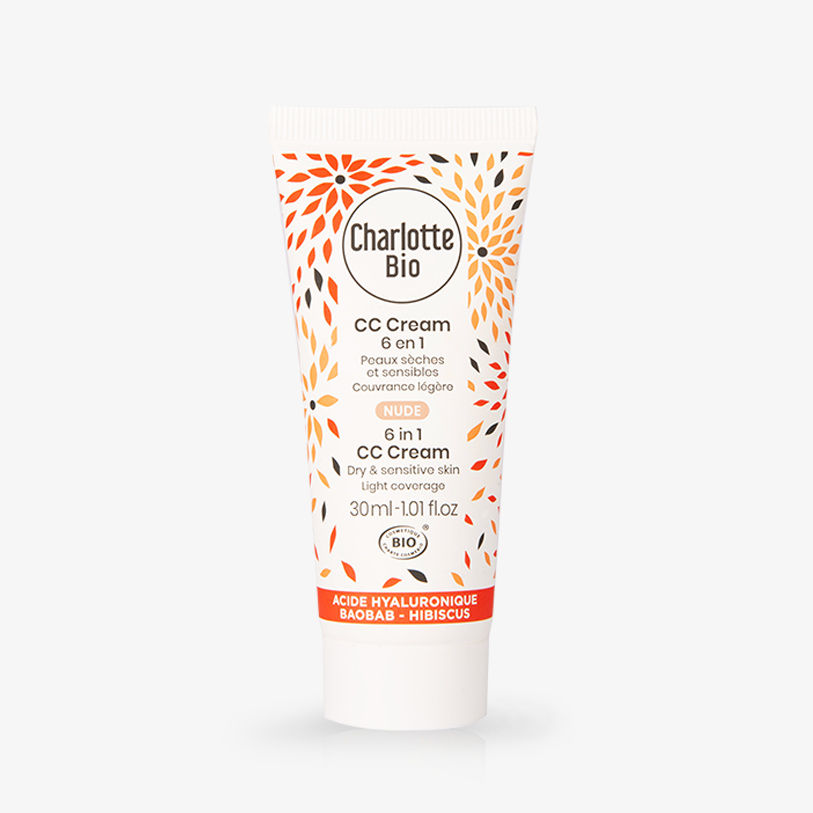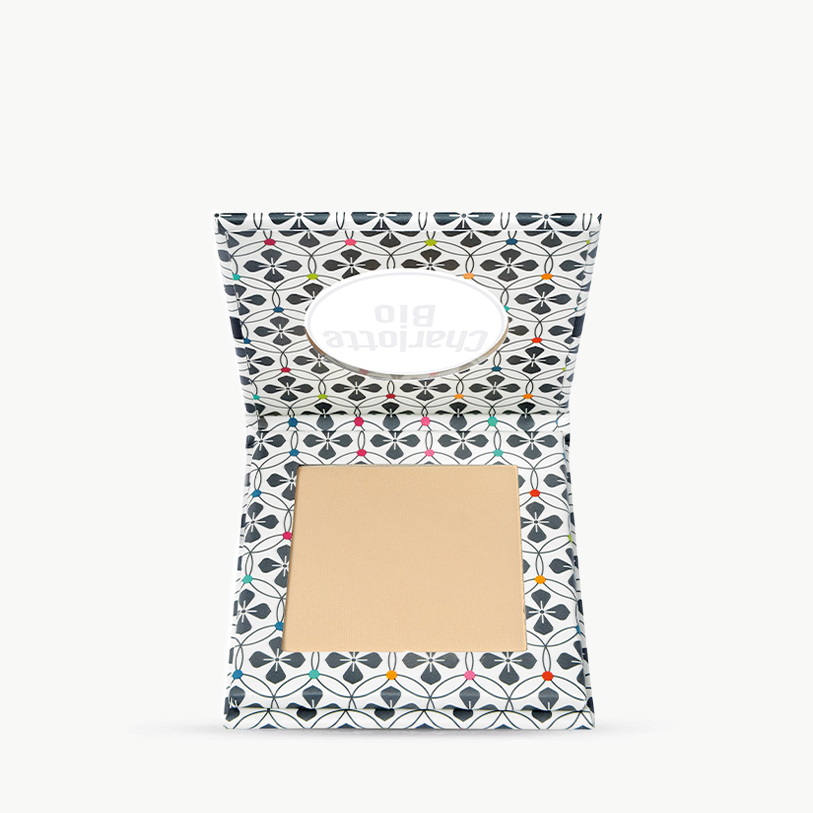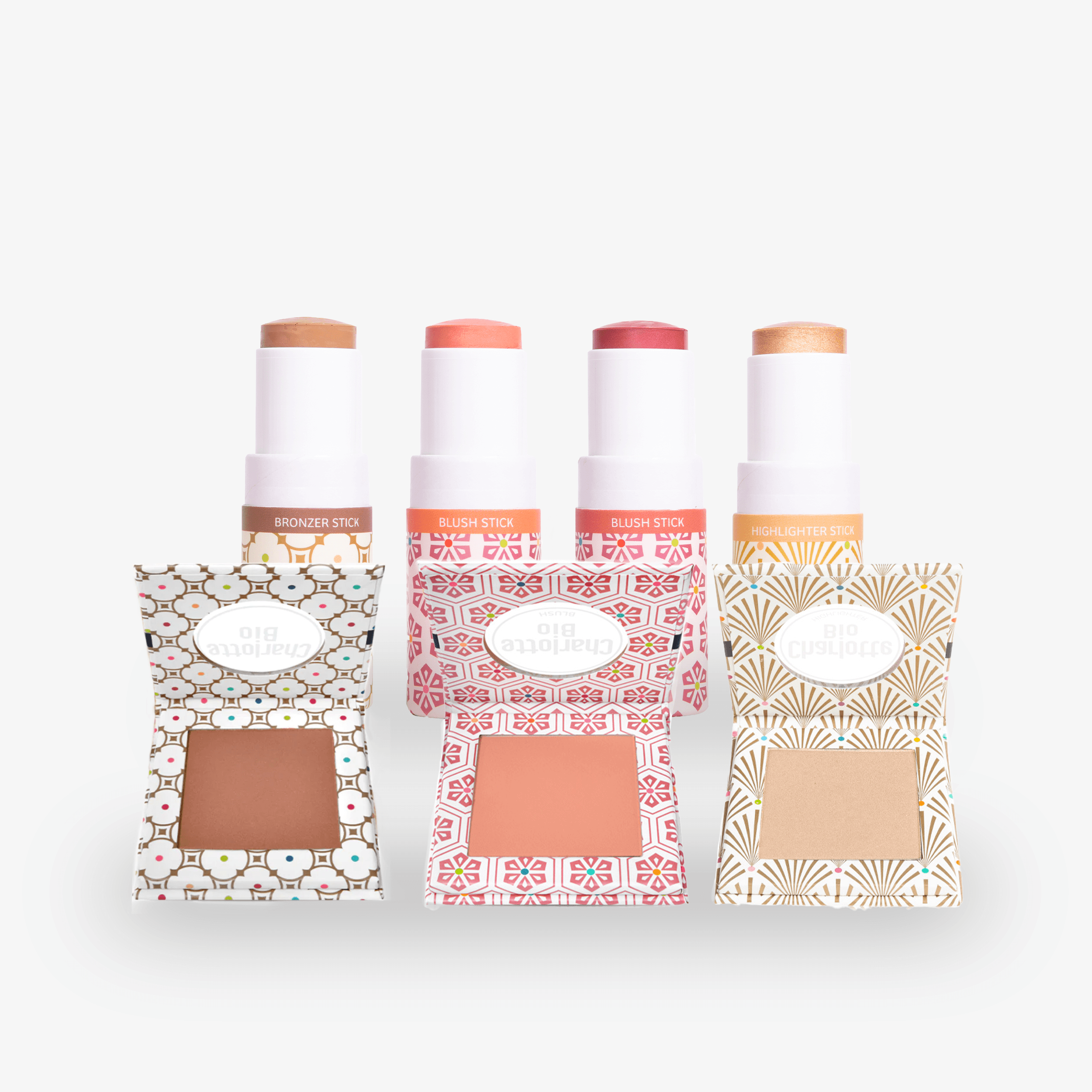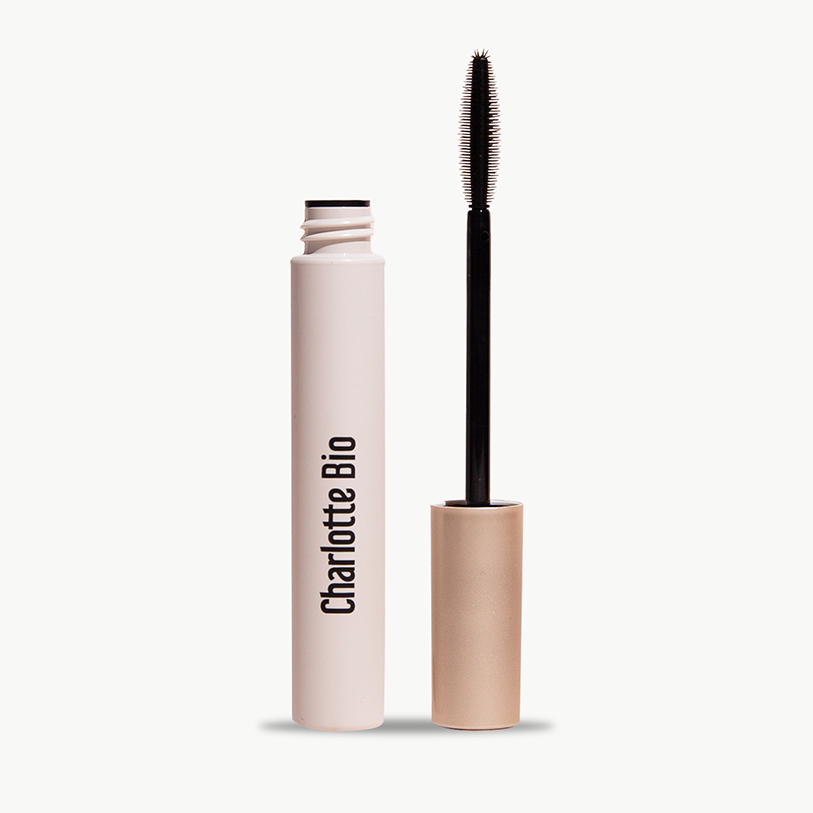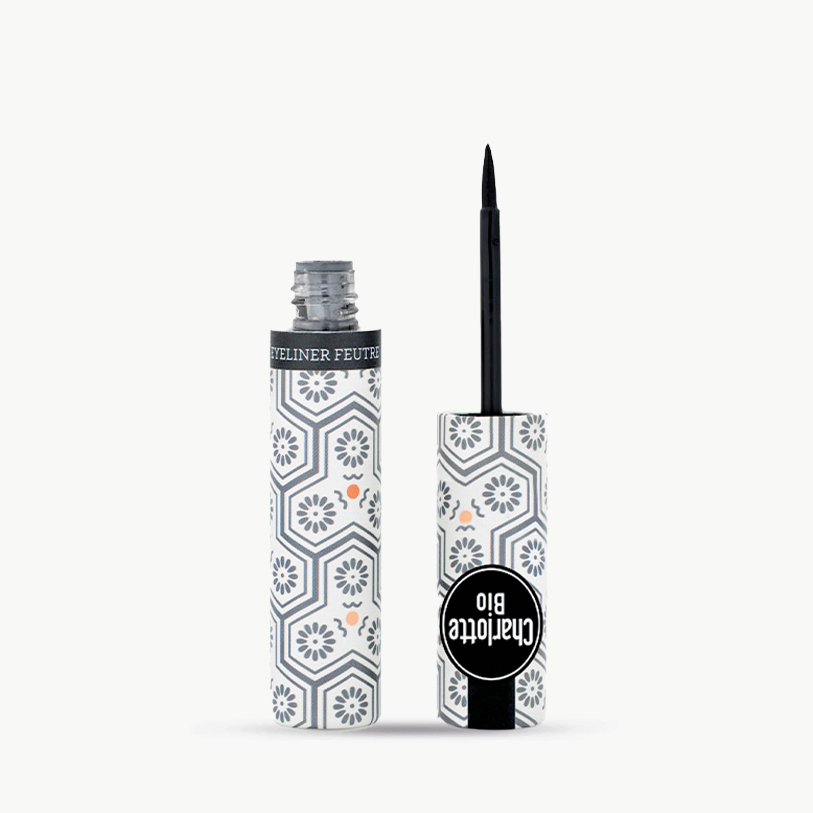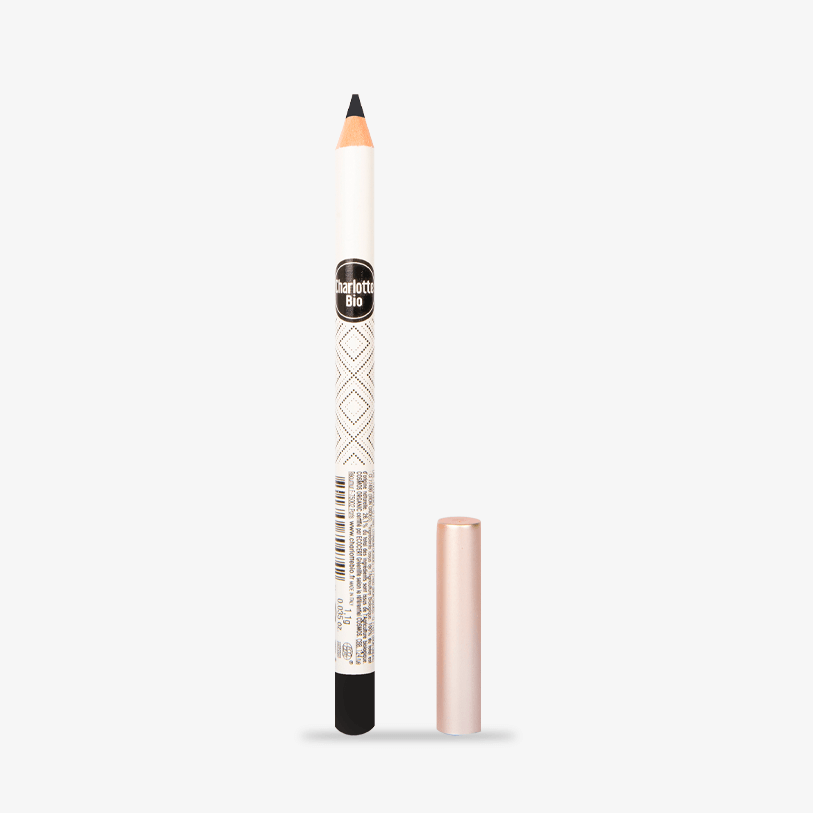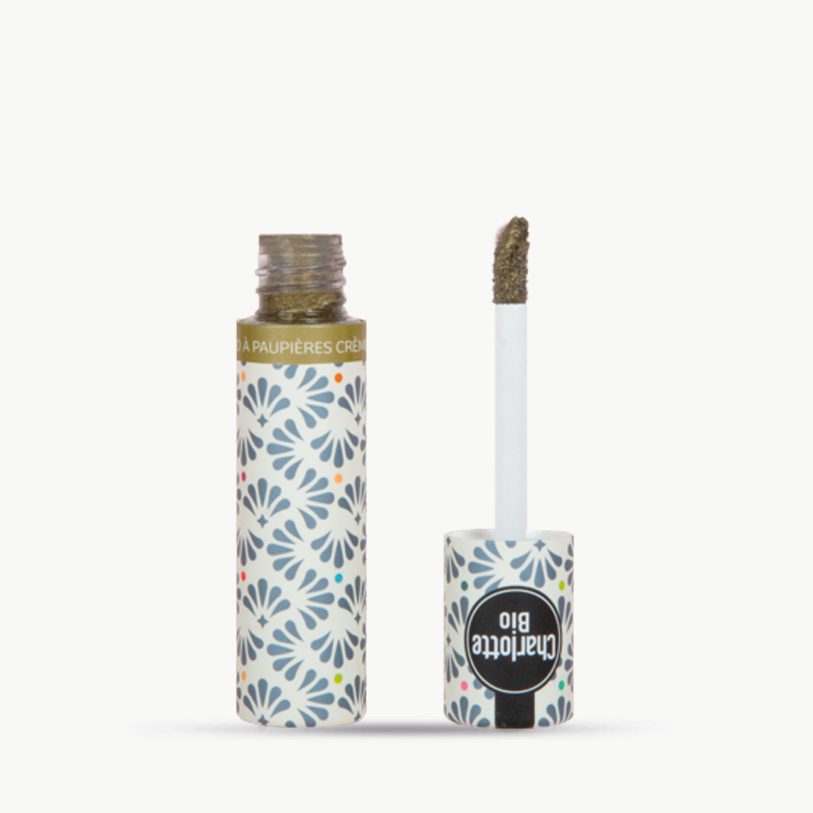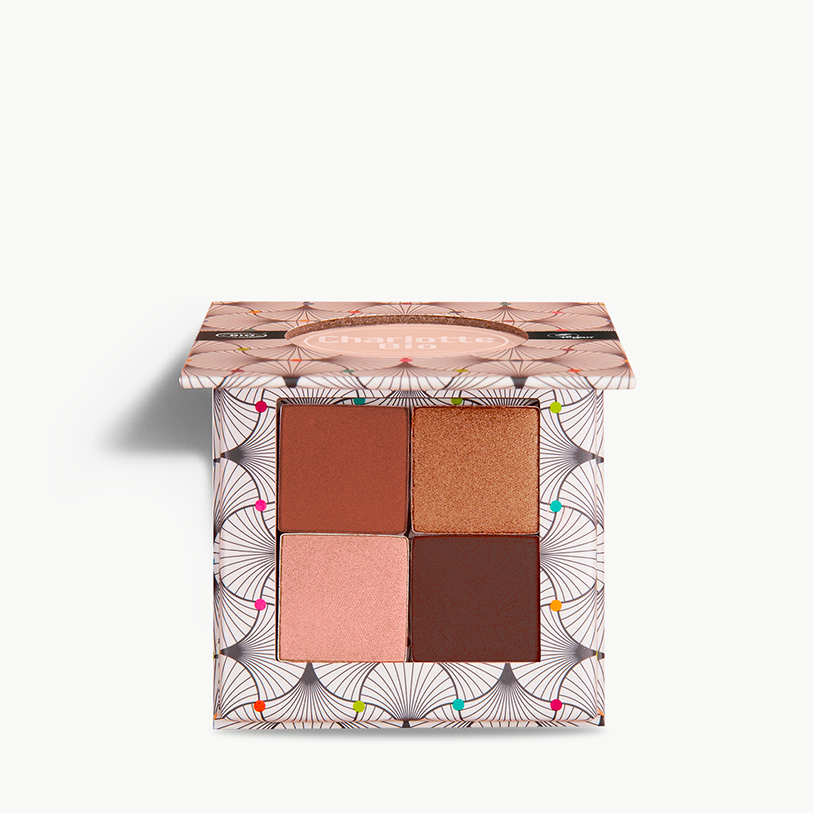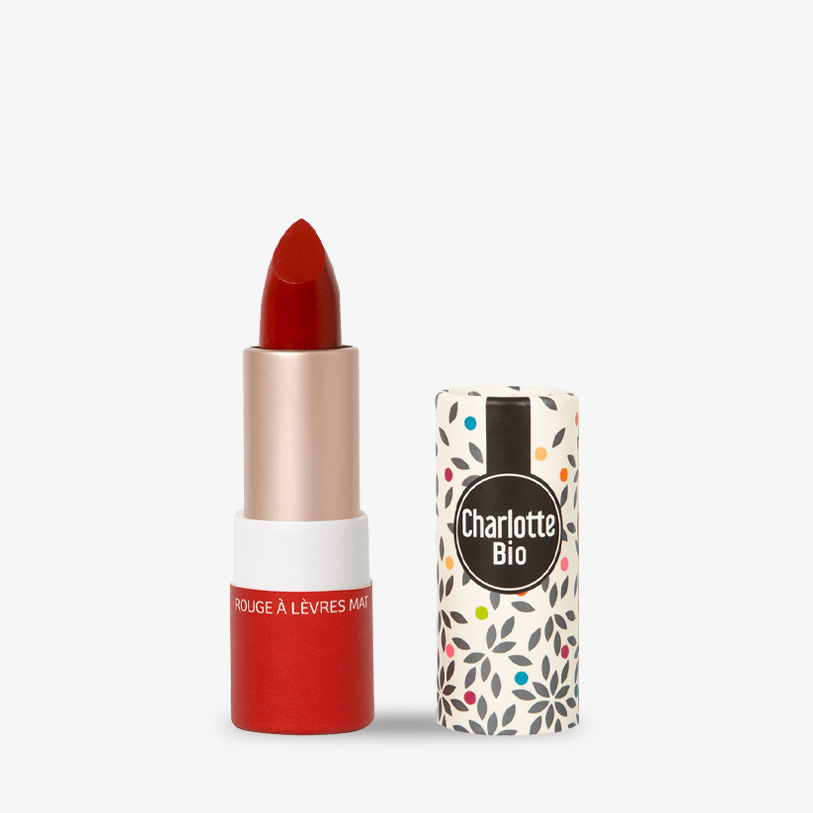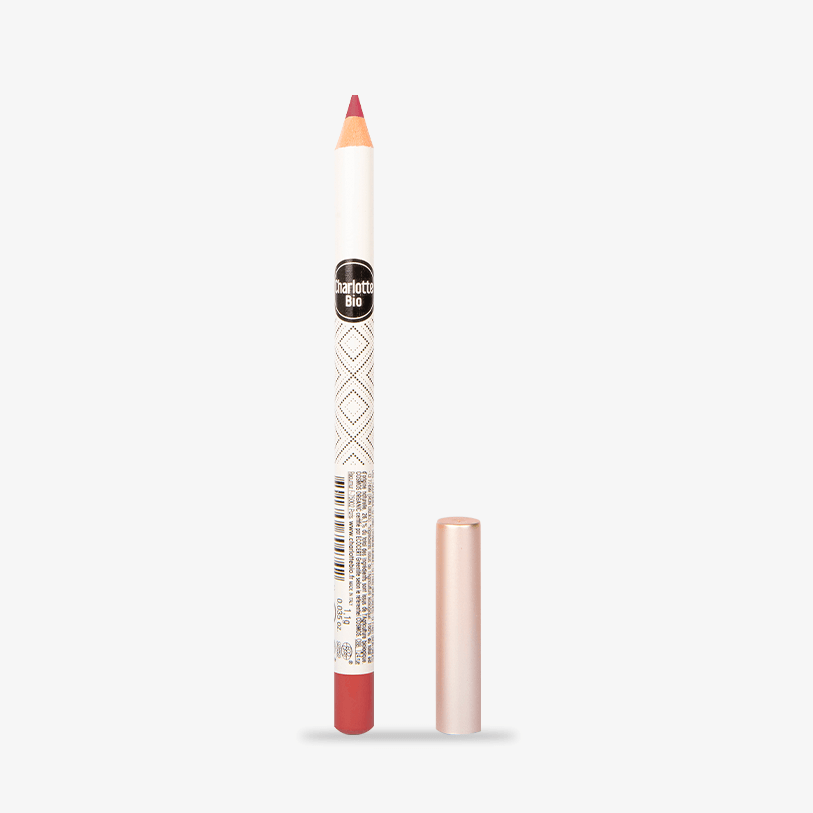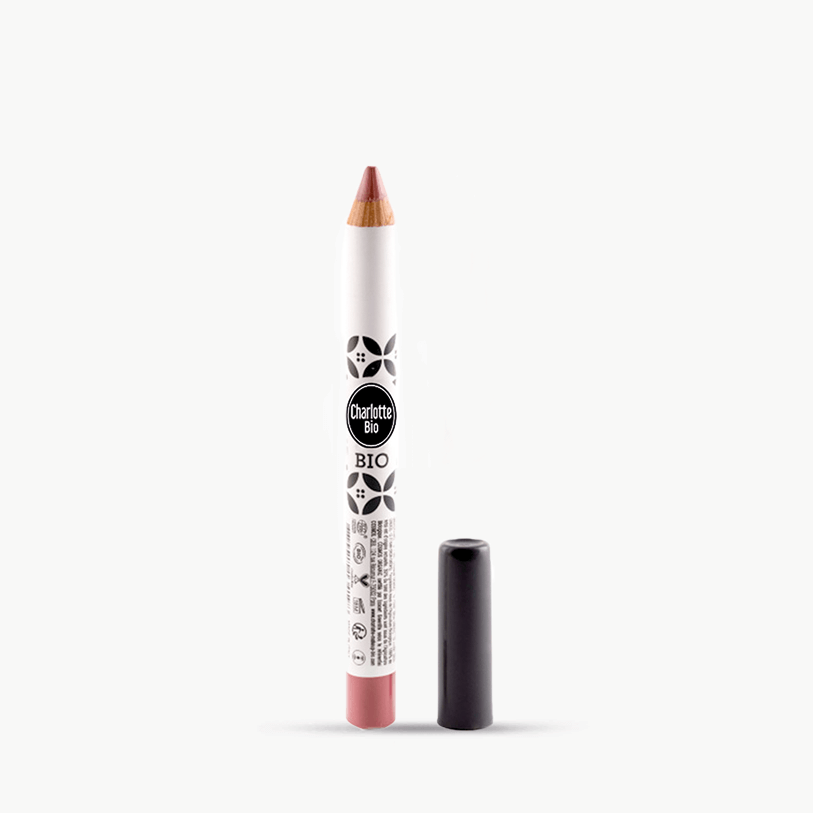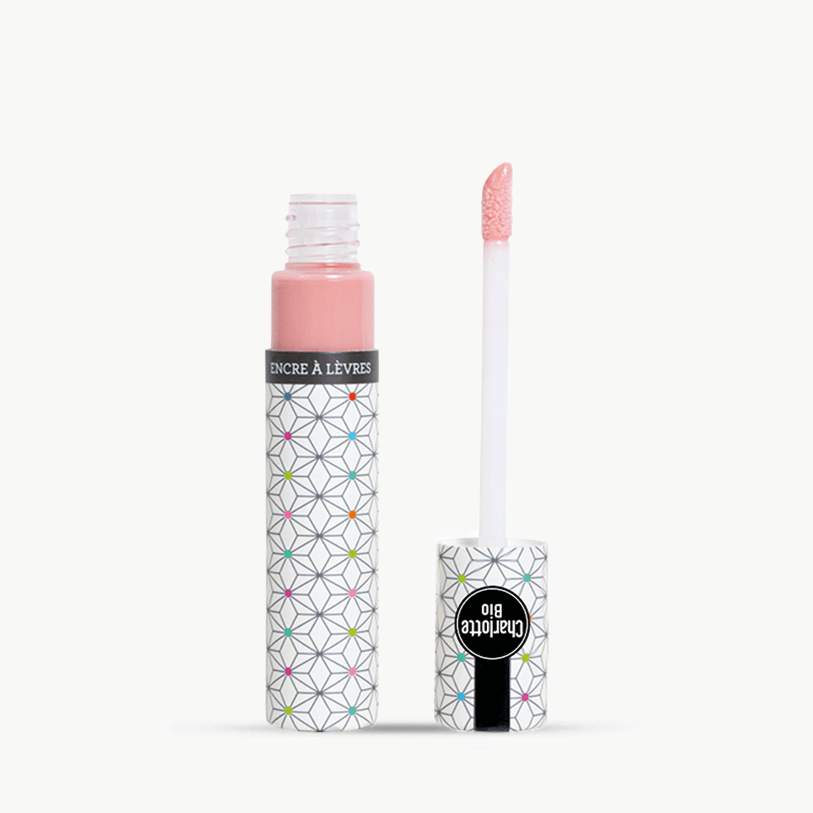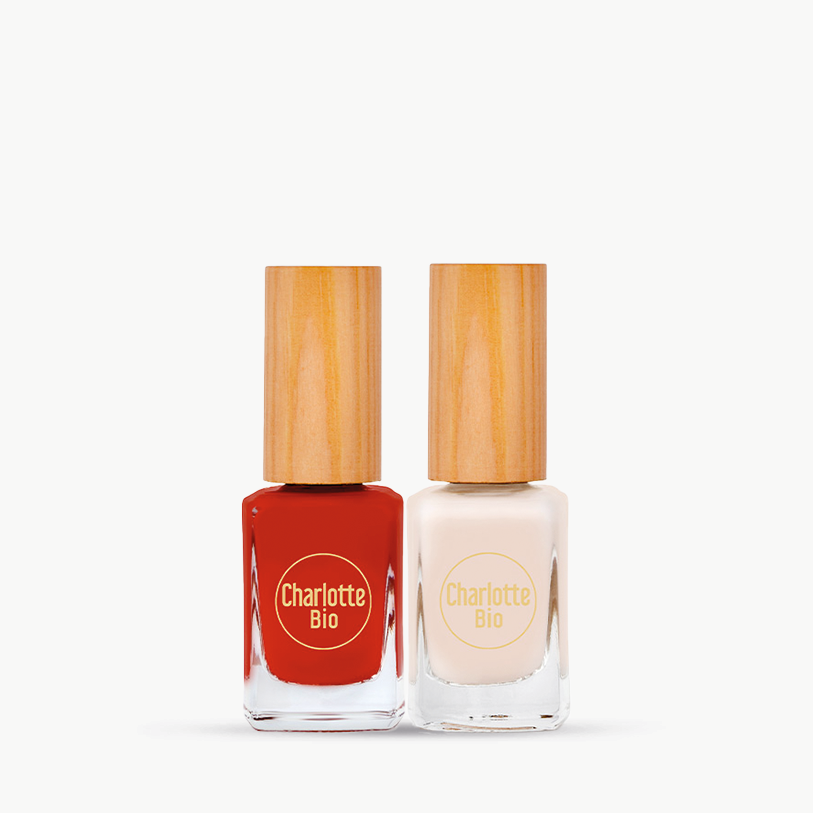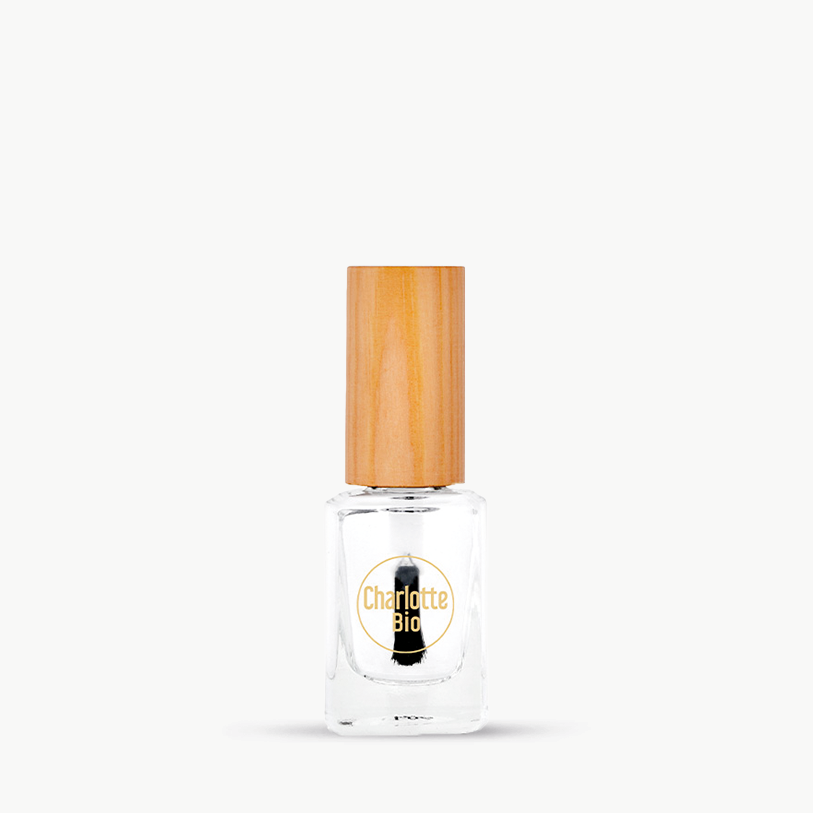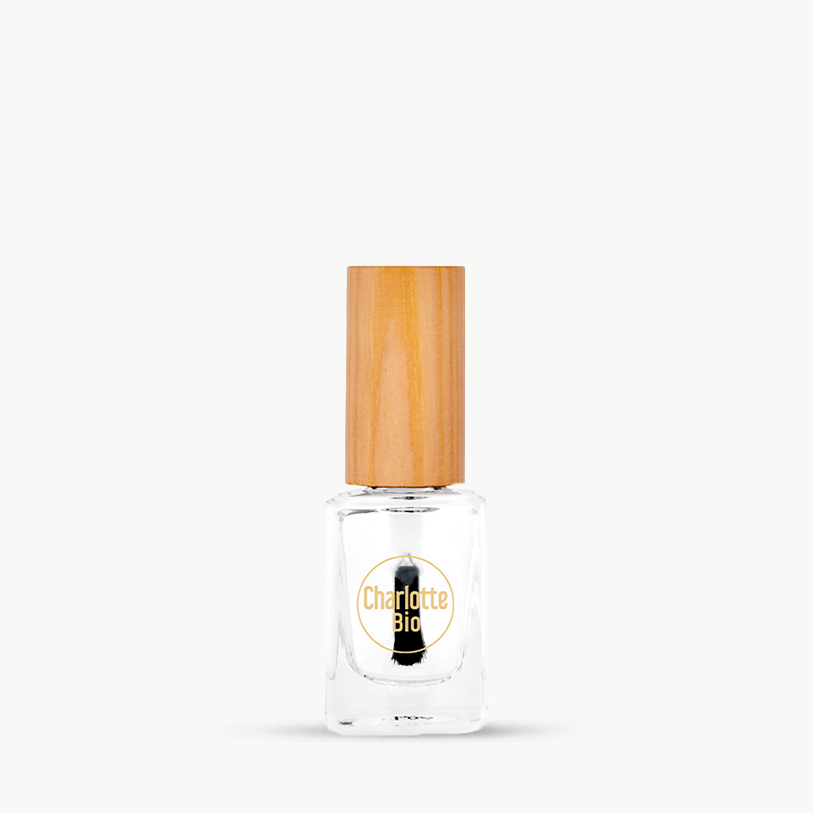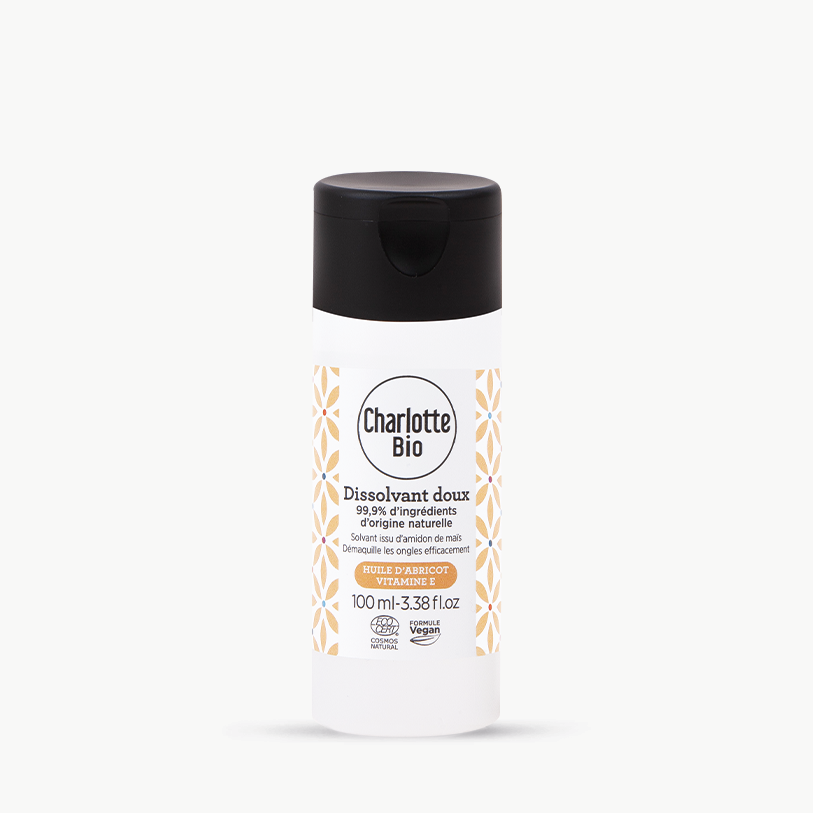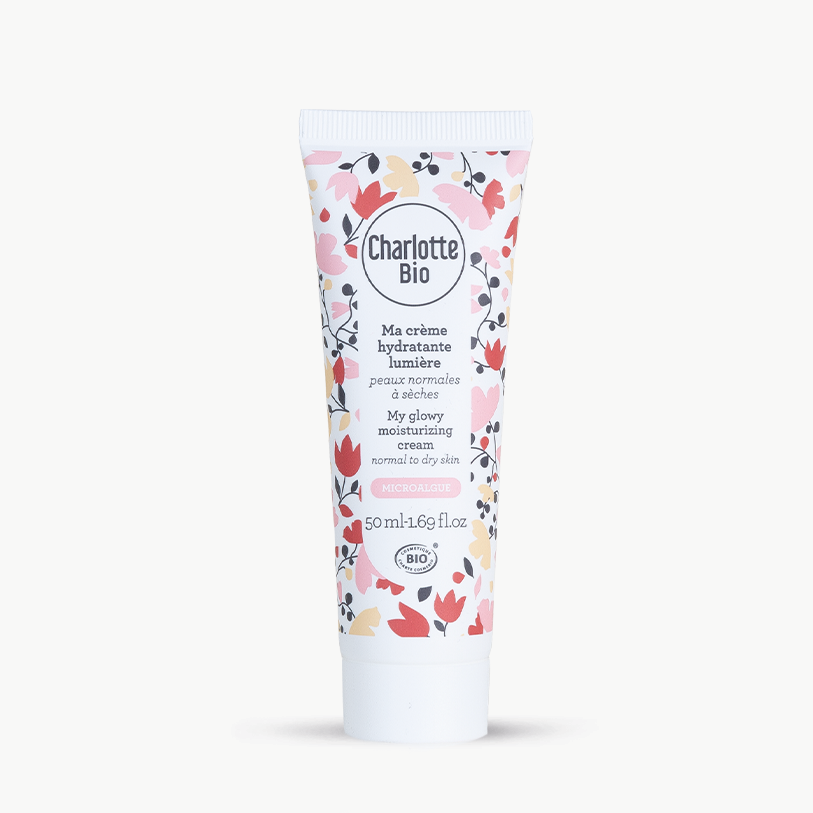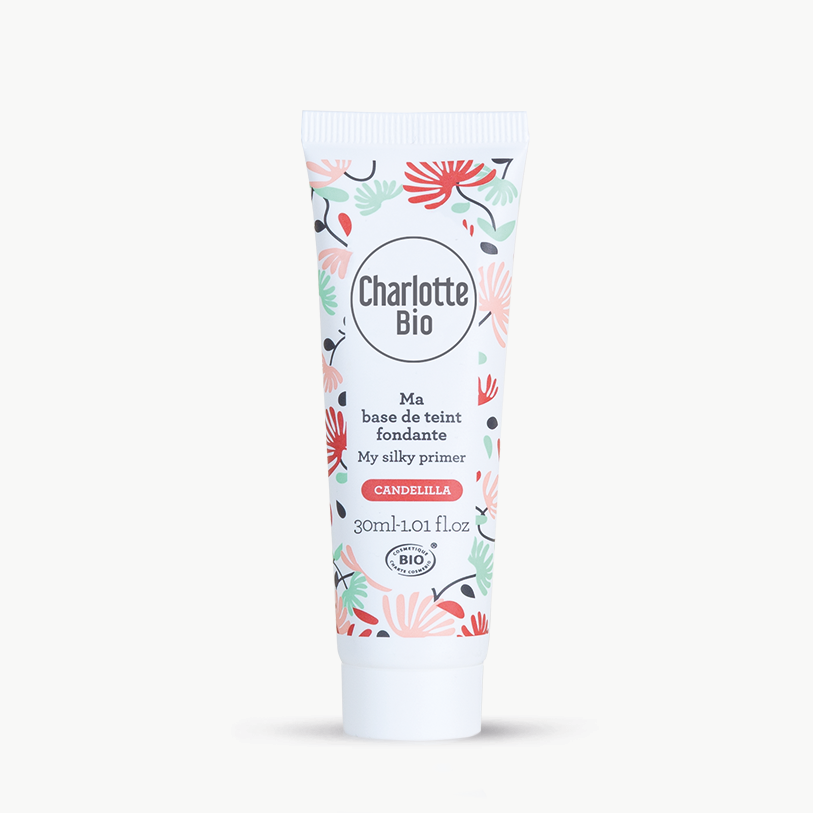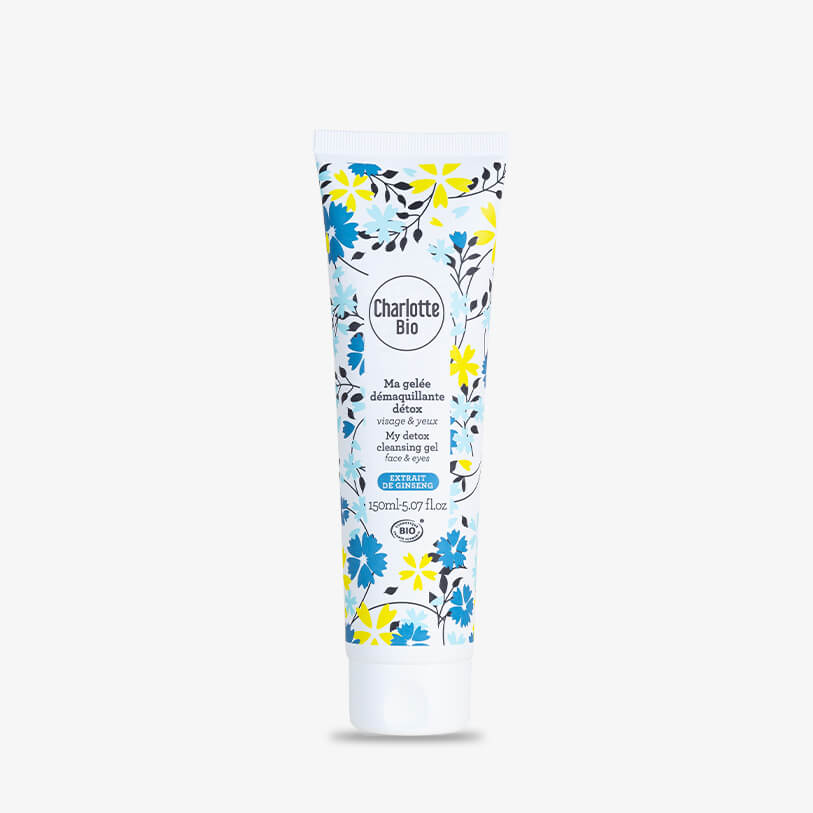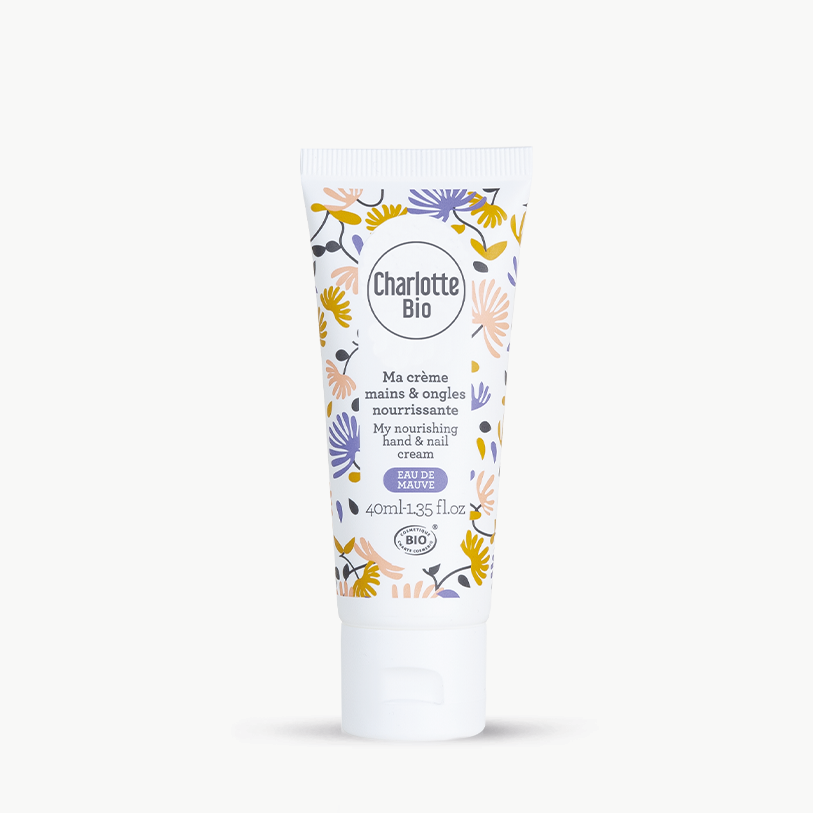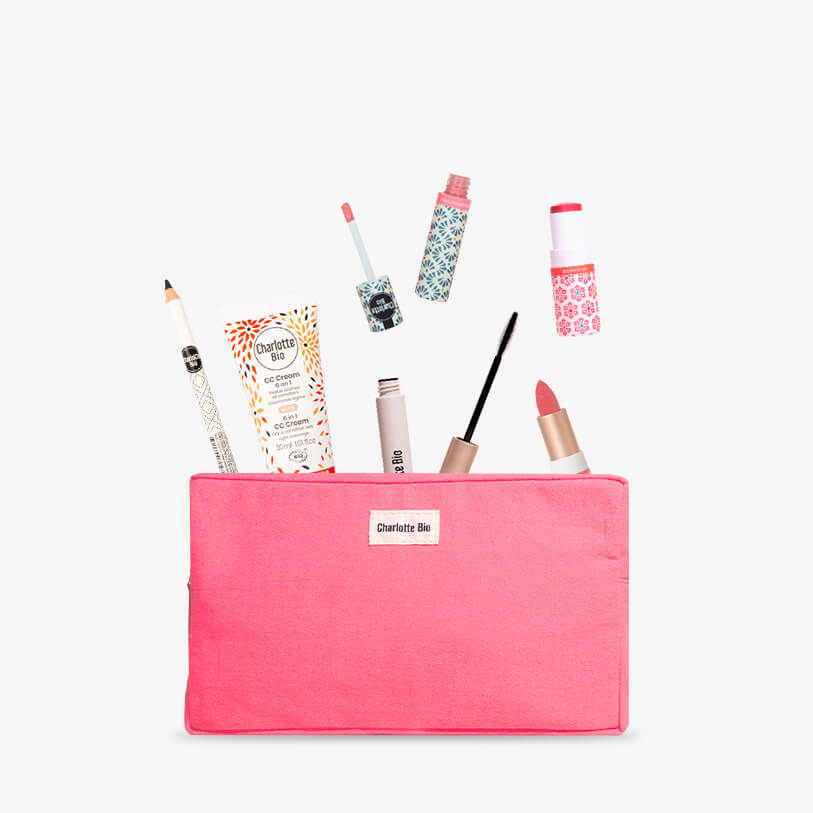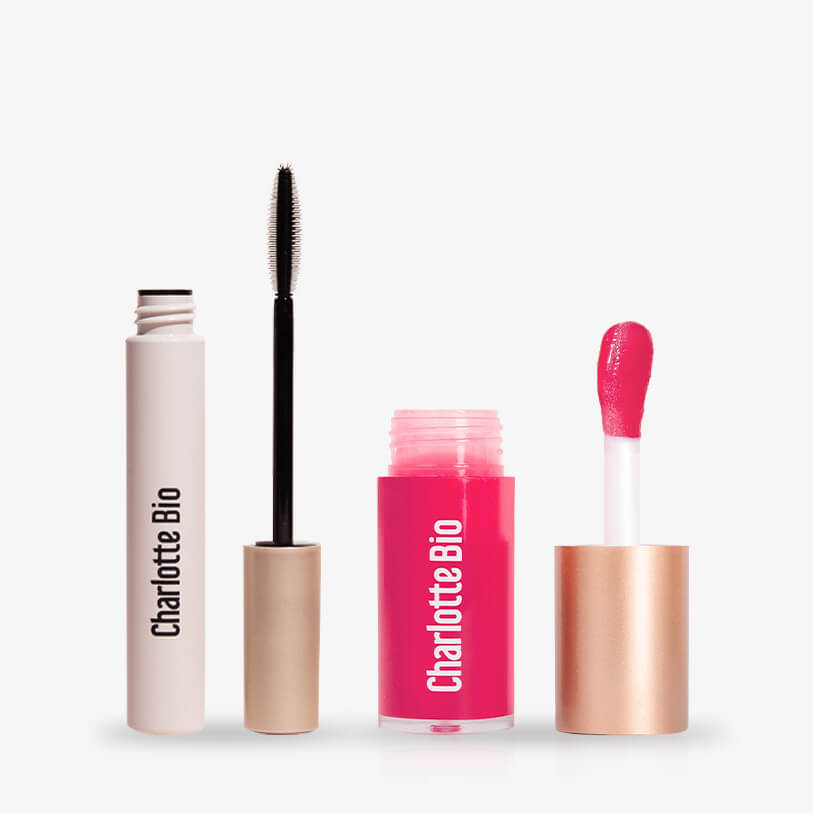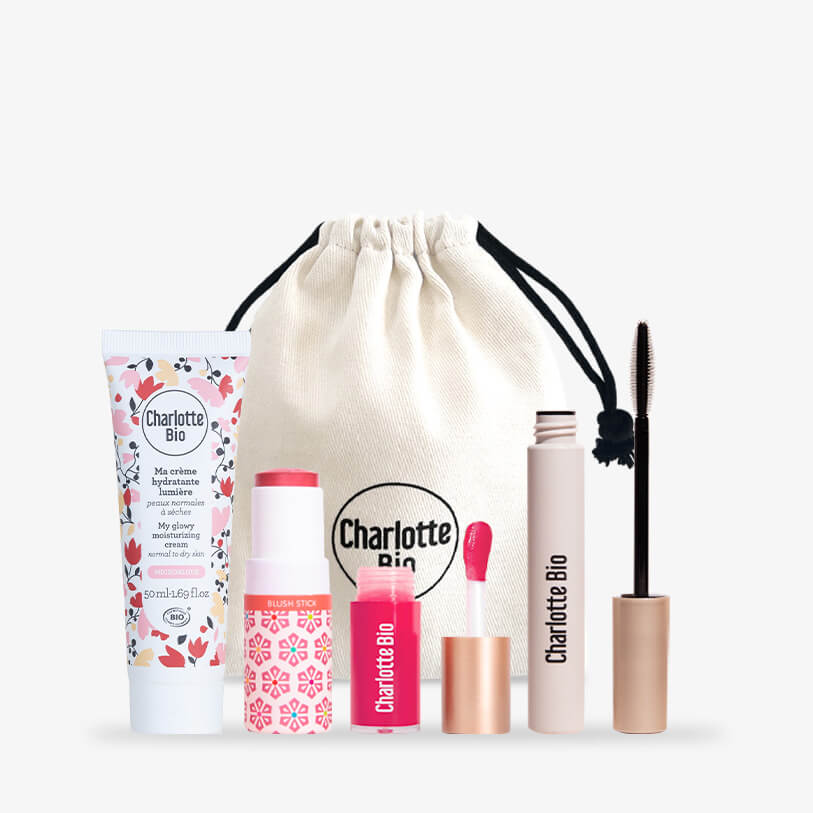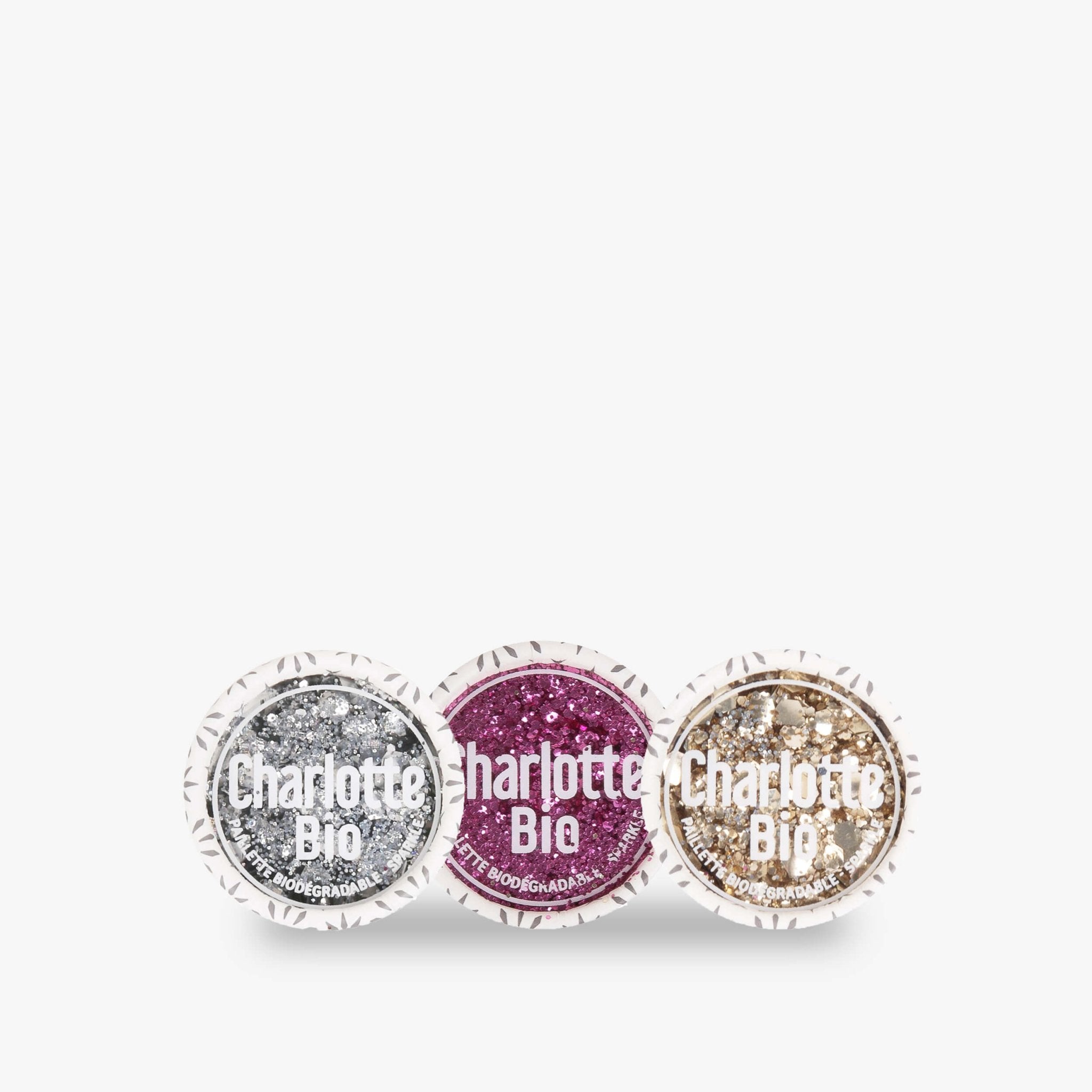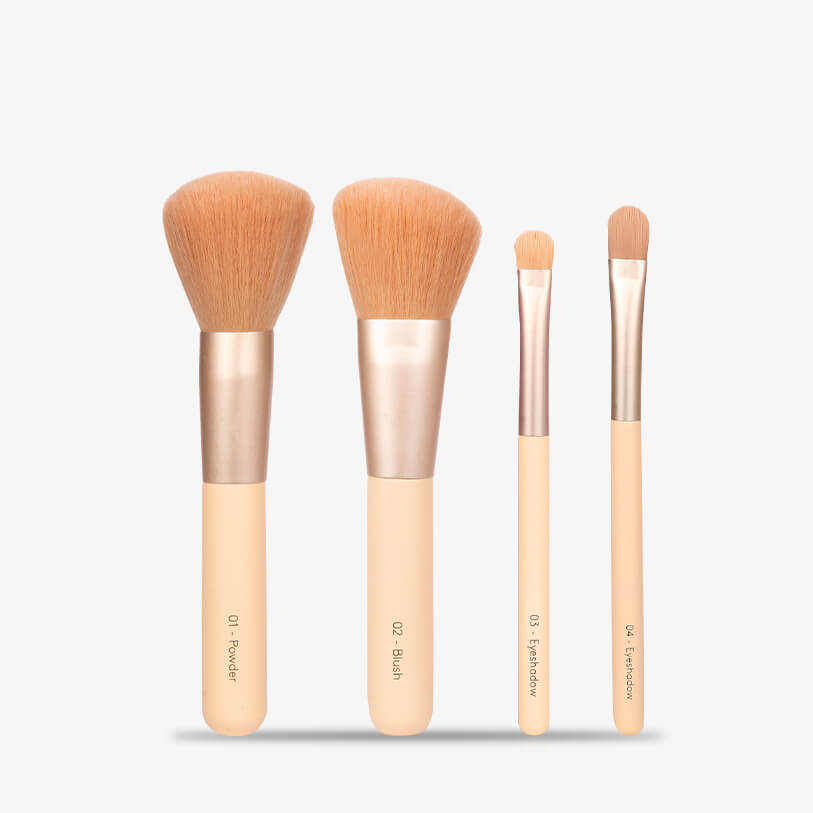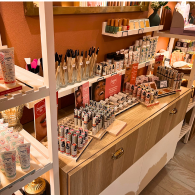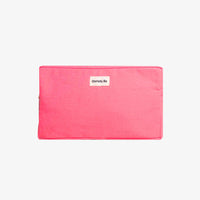Still hesitating? Why choose organic & vegan cosmetics?
Trust in organic and vegan cosmetics
After reading this guide, you will know:
- How to recognize (real) organic cosmetics
- Know the benefits and advantages of organic cosmetics
- No longer hesitate between organic and conventional products for your skincare and make-up routine!
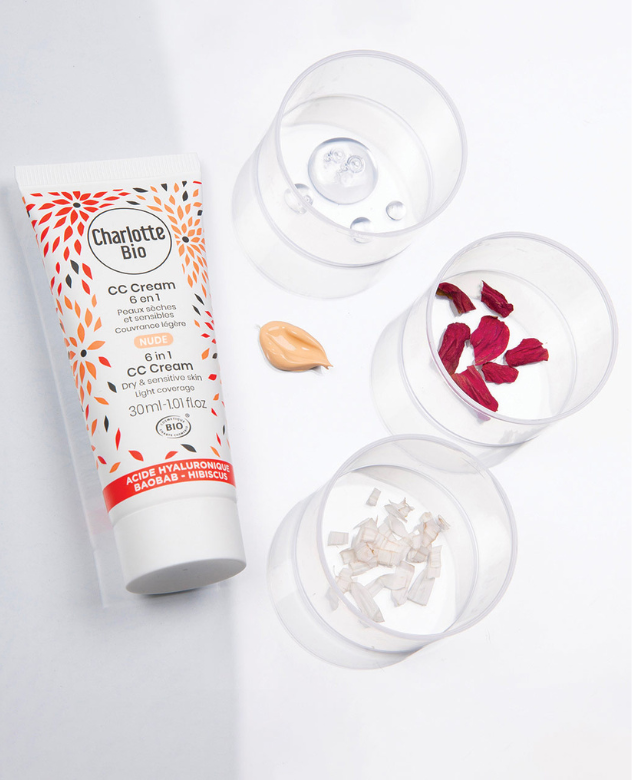
Organic cosmetics : what does it promise?
Taking care of ourselves is essential. It's one of the great lessons we've learned recently. It involves our environment, what we eat and, above all, what we apply to our skin.
Choosing organic means choosing quality, naturalness, traceability, healthy ingredients and, wherever possible, local ingredients. However, out of habit or ignorance of the benefits of organic products for the skin, many women tend to neglect them, opting instead for conventional cosmetics. Yet organic cosmetics now offer a comprehensive, high-quality range, capable of rivaling your favorite foundation or nail polish for years. It has many virtues and could very quickly become an indispensable part of your daily routine. Here's how it works.
What is organic cosmetics ?
An organic cosmetic is a beauty product made from natural ingredients such as vegetable oils, essential oils or natural waxes, most of which come from organic farming. By favoring these ingredients over the chemical active ingredients of conventional cosmetics, organic and natural cosmetics minimize their impact on the planet, in terms of ingredient sourcing, harvesting methods, production and packaging.
Clean, transparent composition
Because of its high standards of formulation and quality, organic cosmetics banish many petrochemical ingredients found in conventional cosmetics. Thus, ingredients identified as having harmful effects on health, which may be implicated in the development of certain diseases, are banned. These include endocrine disruptors, which have been implicated in the development of certain cancers, and preservatives such as phenoxyethanol, which are thought to present risks for the liver and foetus.
What's more, potentially irritating ingredients such as synthetic fragrances, essential oils and detergents like sodium lauryl sulfate are not compatible with organic cosmetics and are excluded from the Cosmebio charter.
Last but not least, ingredients that are harmful to the environment, those that have no impact to date but whose long-term damaging effects are unknown, do not correspond to the values of organic cosmetics. For example, all ingredients derived from petrochemicals, whose creation process is fraught with consequences due to their petroleum-based or plastic-derived composition, and the fact that they are absolutely non-biodegradable. The best-known are polyethylenes, kerosene and polymers, which are most often used as texturizing agents, but do not add any efficacy to the product.
The guarantee of labels
What's more, these active ingredients are health-friendly, as they replace all ingredients harmful to our bodies, such as parabens, silicones, sulfates, colorants and synthetic perfumes derived from petrochemicals. They also make it possible to promise a composition free from extracts of animal origin. For example, pig glycerin is replaced by vegetable glycerin. Excluding ingredients naturally produced by animals, such as honey or milk. What's more, most organic cosmetics are also VEGAN (be sure to check the labels and make sure that the product you've found really is). A certified VEGAN product bans animal testing. To be sure that the product you wish to buy is indeed organic, we invite you to refer to independent labels recognized for their impartiality and high standards: the Cosmebio and Ecocert labels.
💡 Go HERE for an in-depth look at organic, vegan and cruelty-free labels.
At Charlotte BIO, all our products are Cosmos Organic certified and Ecocert labeled. But unlike other organic make-up brands, being organic doesn't mean that our products aren't pigmented or long-lasting. Thanks to real R&D work and the sourcing of unprecedented ingredients and raw materials, we can now guarantee as much pigmentation, long wear and efficacy as conventional products. For example, test the pigmentation of our organic blushes or our our organic highlighters !
Reassuring certificates and quality to match
There are many advantages to organic cosmetics. But first and foremost, a genuine organic cosmetic product must be labelled, controlled and comply with a charter. How do you find your way around?
💡 Visit HERE for an in-depth look at the labels and certifications you need to know about.
Among other things, these labels enable us to prove the quality and traceability of the ingredients used in product formulation, and to ban products that are harmful to our skin.
The Cosmebio and Ecocert labels are very demanding, ensuring the cleanest possible composition. By guaranteeing a minimum of 95% ingredients of natural origin, and giving preference to local ingredients (wherever possible) fromorganic and sustainable agriculture, you can be sure of the quality of the products you apply to your skin, eyes and mouth, which are, let's not forget, highly permeable and sensitive areas.
Clean ingredients and components : WHY?
Conventional makeup tends to attack the skin and suffocate the epidermis . The skin is irritated and dries out or produces more sebum in defense. Why? Because it is composed of endocrine-disrupting silicones like cyclopentasiloxane, toxic, carcinogenic allergic preservatives like BHT, BHA, parabens, and the icing on the cake, pH correctors like triethanolamine which produces carcinogenic nitrosamines close to your mucous membranes. Not to mention the pigments, dyes and pearlescent agents which allow conventional makeup to last 36 hours or provide “unparalleled” pigmentation.
Obviously, this whole list of petrochemical ingredients smells of petroleum, so manufacturers tend to add carcinogenic synthetic fragrances . It is important to point out that while these components are present in synthetic makeup, it remains regulated at levels deemed safe, based on current scientific knowledge, which do not guarantee anything in the long term.
So why put your skin through this when you can apply makeup using mineral pigments (from precious or semi-precious stones like cinnabar or azurite), plant-based ingredients with antioxidant properties, no preservatives and which smell good while maintaining the promise of pigmentation and hold?
Our organic CC Crème , for example, is made up of 99% ingredients of natural origin, and 23.7% of its ingredients are organic. Insofar as a major part of the product is water, this means that almost all the ingredients are organically grown. The little secret behind its silky, pleasant-to-the-touch texture? Shea butter, which deeply moisturizes the skin, and hyaluronic acid, which helps combat skin aging! What more could you ask for?
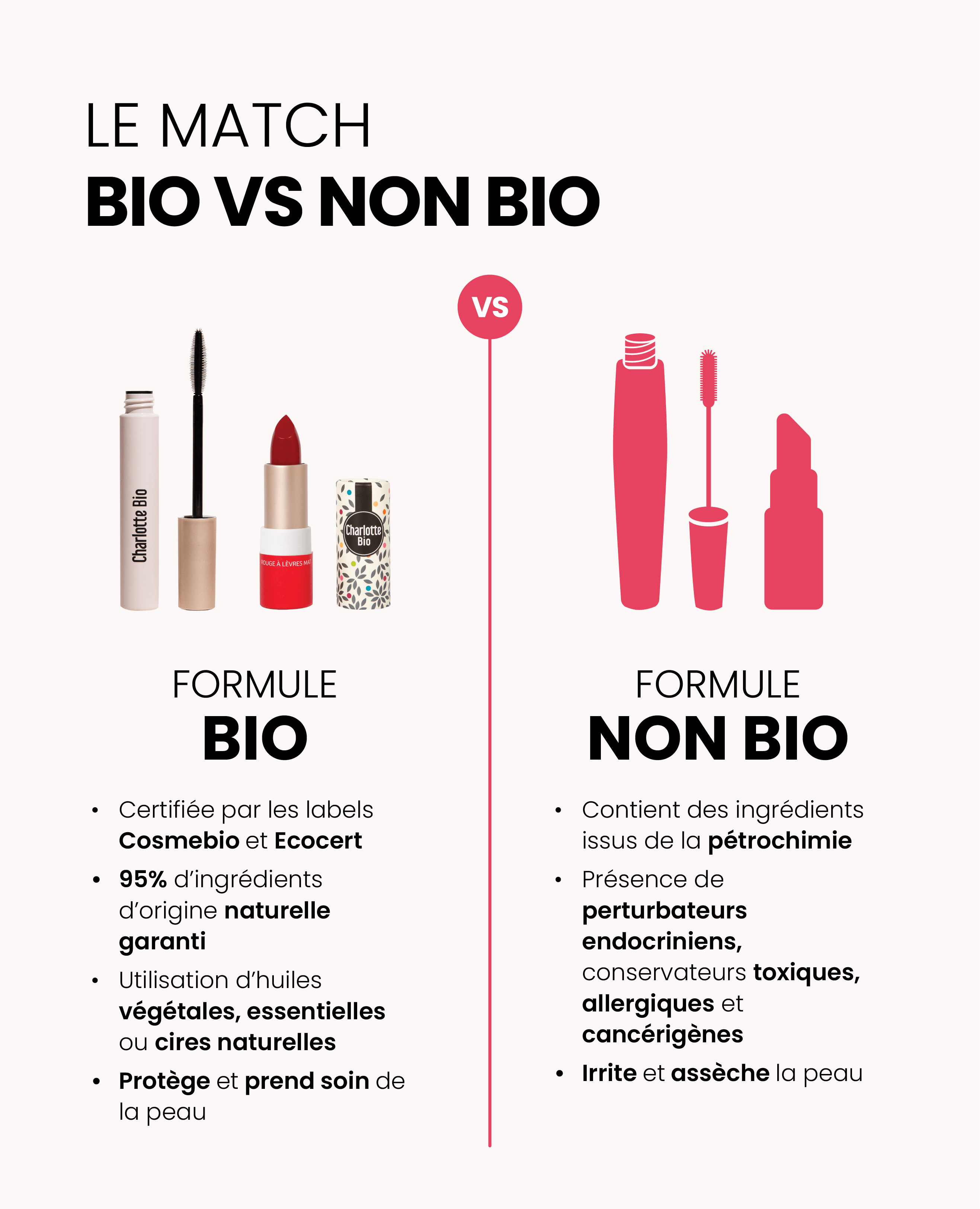
The organic vs. VS not organic
Organic formula / Non-organic formula
Aqueous phase: water, vegetable glycerin, floral waters (rose, cornflower...) / water, petrochemical glycerin...
Fatty phase: fatty acids, vegetable oils (jojoba, argan...) / fatty acids, mineral oils, silicones, vegetable oils...
Active ingredients: natural origin (plant extracts, vitamins...) / petrochemical or natural origin
Emulsifier: natural origin (oat extracts, wheat extracts...) / petrochemical or natural origin
Gelling agent: natural origin / petrochemical polymers
Preservatives: restrictive list of authorized ingredients / paraben, phenoxyethanol...
Fragrances and colorants: natural origin / petrochemical origin
❌ All irritating and allergenic substances are banned from organic formulas.
What does this mean in concrete terms?

Organic & natural make-up: What quality?
After many years of research and development, only a handful of laboratories are now able to rival conventional cosmetics by replacing petrochemicals with natural, healthy products that are at least as effective and pleasant to wear.
In addition to offering healthy, long-lasting products, the range of organic make-up has grown enormously, with vegetable butters and waxes providing melting textures, and Candelilla or Shea extracts offering a delicate, natural scent. What's more, many brands offer original, well-thought-out packaging designed with eco-responsibility in mind. For example, all our make-up packaging is made of recyclable cardboard or glass. As for our Beauty range, the bottle and tubes are made of PE from sugar cane. Everything is designed, controlled and measured to reduce our ecological footprint.
Some brands have also been able to develop their offer by proposing complete ranges for all skin tones, offering pigmentation and an iridescent effect as intense and a wide choice of colors as conventional make-up, thanks to mineral pigments, ochre earths and crushed stones. Do you know an organic make-up brand with an impeccable formulation that offers a foundation in more than 4 or 5 shades? Yes! Charlotte BIO! Indeed, when we developed our make-up range, few organic make-up brands offered an organic foundation in more than 4 or 5 shades. For us, it was inconceivable not to try and include everyone, and make healthy products accessible.
In conclusion: convinced?
By choosing organic food, you're opting for sustainable consumption. You're supporting meaningful and (wherever possible) local projects. You reduce your impact on the environment and cut down on waste.
In fact, organic listings are very strict when it comes to quality and eco-responsibility charters, and all superfluous items are avoided. Every ingredient must be sourced from nature, be biodegradable and produced with respect for the environment. Green chemistry allows you to respect the planet while benefiting from its best resources, thanks to gentle processes.
In the end, you spare people, animals and the environment the harmful effects of harmful chemicals.
